An incredibly intelligent friend of mine retired early from his career as a patent litigator and abandoned high-tax New York City for no-income-tax Nevada. He’s now walking distance from about 15 partly-open casinos and multiple shut-down convention facilities.
In a recent FaceTime, he was shockingly (to me) optimistic regarding the city’s future, predicting a bounce-back to normal within a few months.
I would expect Vegas to suffer one of the biggest shocks among U.S. cities. Casino customers are older than average (see this Harvard thesis) and therefore more likely to be concerned about catching coronavirus either on a flight to Vegas or within a casino. Given the essentially pointless nature of the typical convention, will companies still want to send people to these multi-thousand- (or 170,000 for CES) person gatherings? If people don’t show up for conventions, they can’t be lured into paying for hotels, restaurants, gambling, etc.
One countervailing factor is the meltdown of California. Since the economy of California has shrunk while the government hasn’t, tax rates in California will need to be raised. In the meantime, a lot more employers in California are allowing work-from-home. The tax-averse might decide to work from home from Nevada and pay an income tax rate of 0% as well as enjoy a larger house for less money. But I don’t see the influx of people coming to work from home outweighing the loss of business from people who don’t want to get on an international airline flight and sit directly next to someone in a middle seat, masked or not masked.
Readers: What do you think? Is Vegas going to suffer the kind of epic decline that it did in 2008-9?
Related:
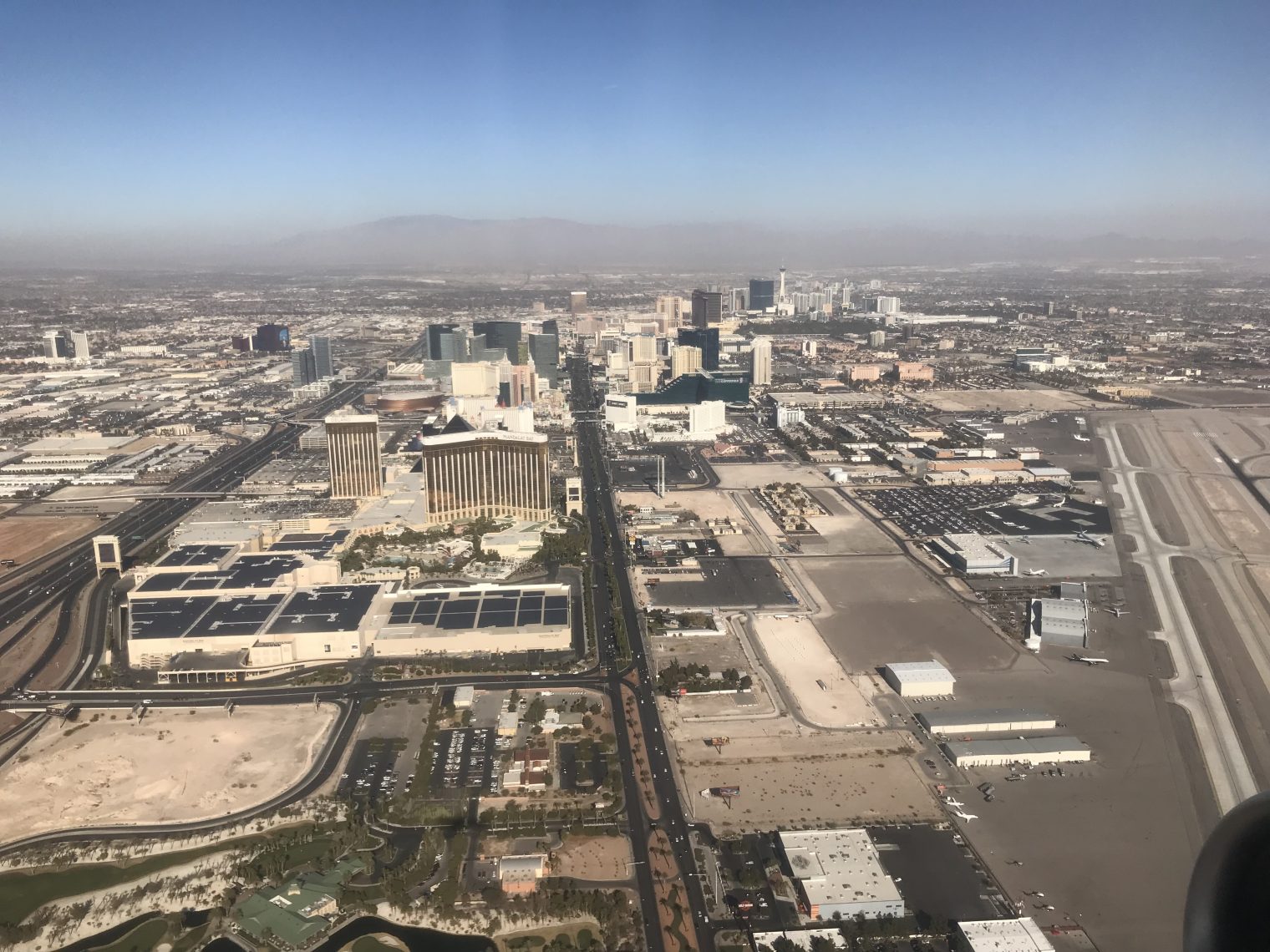
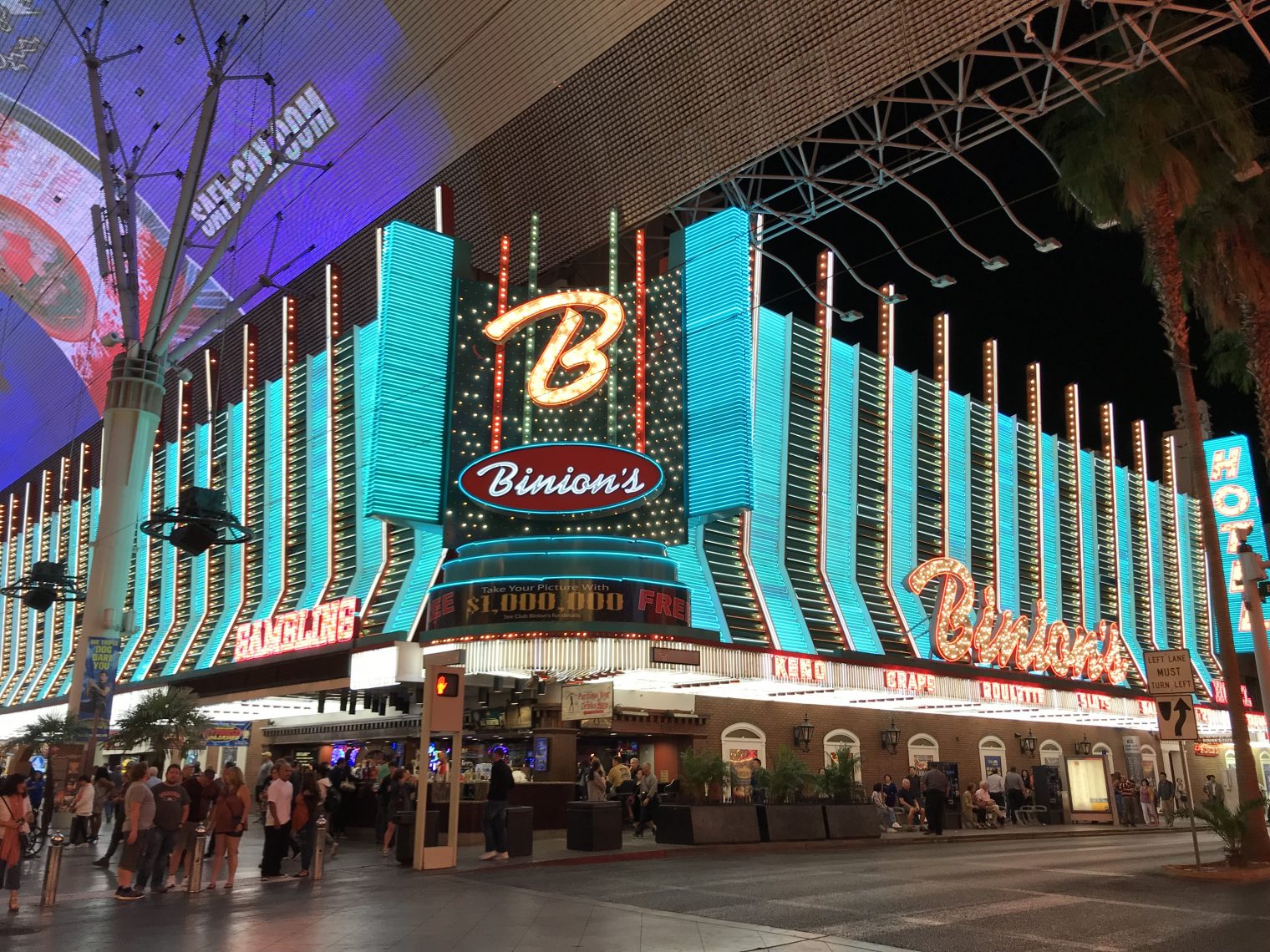
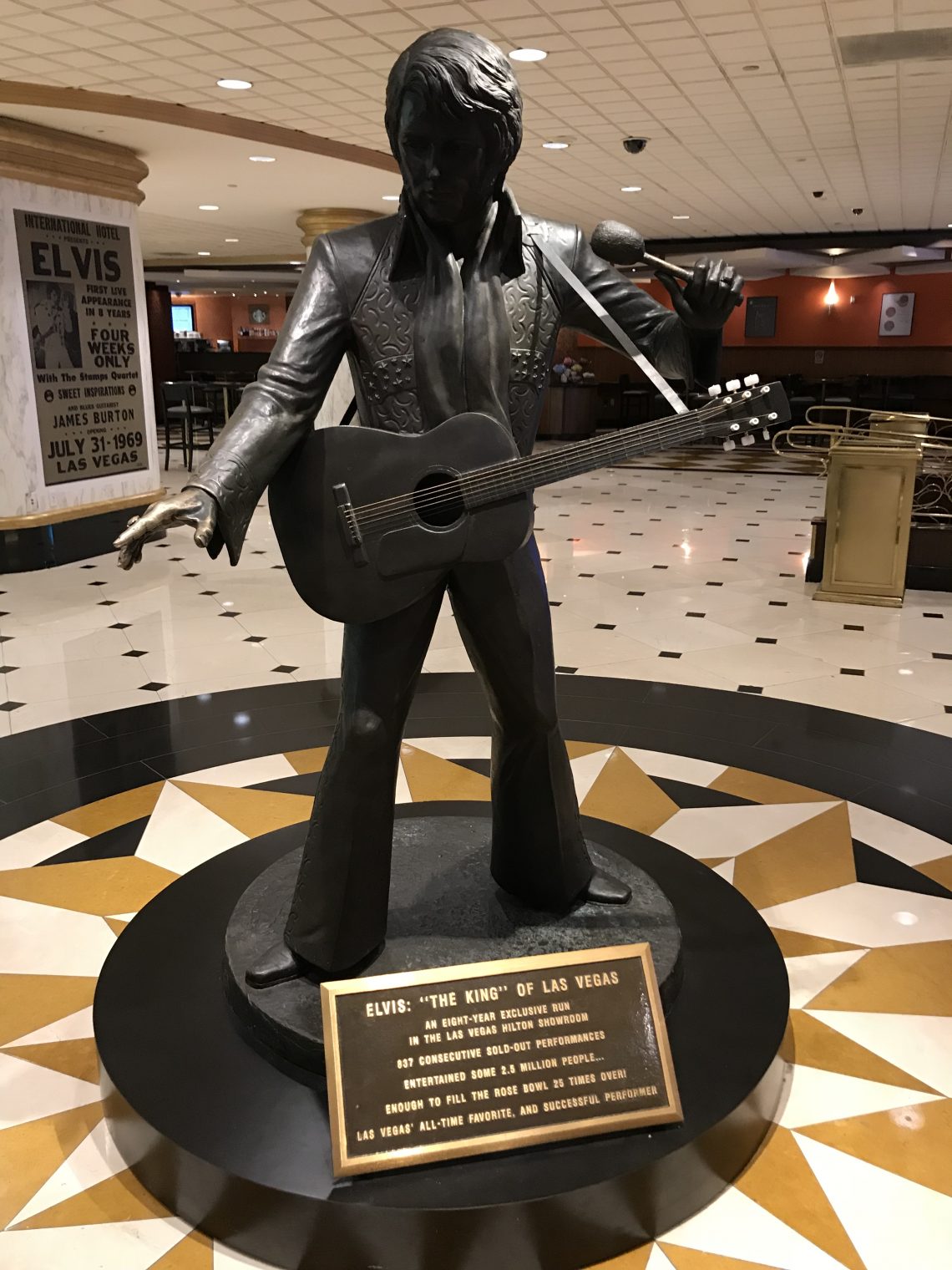
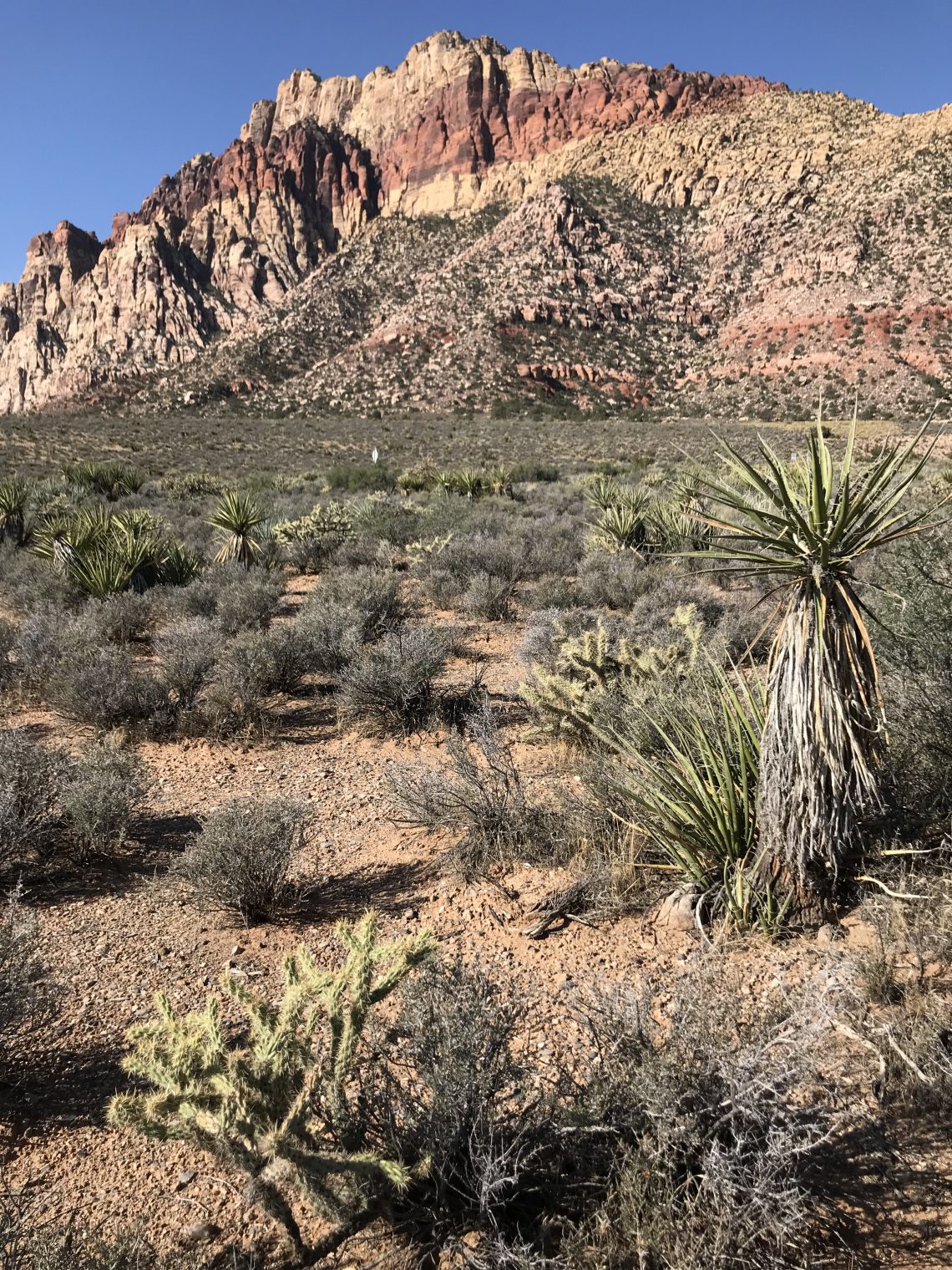
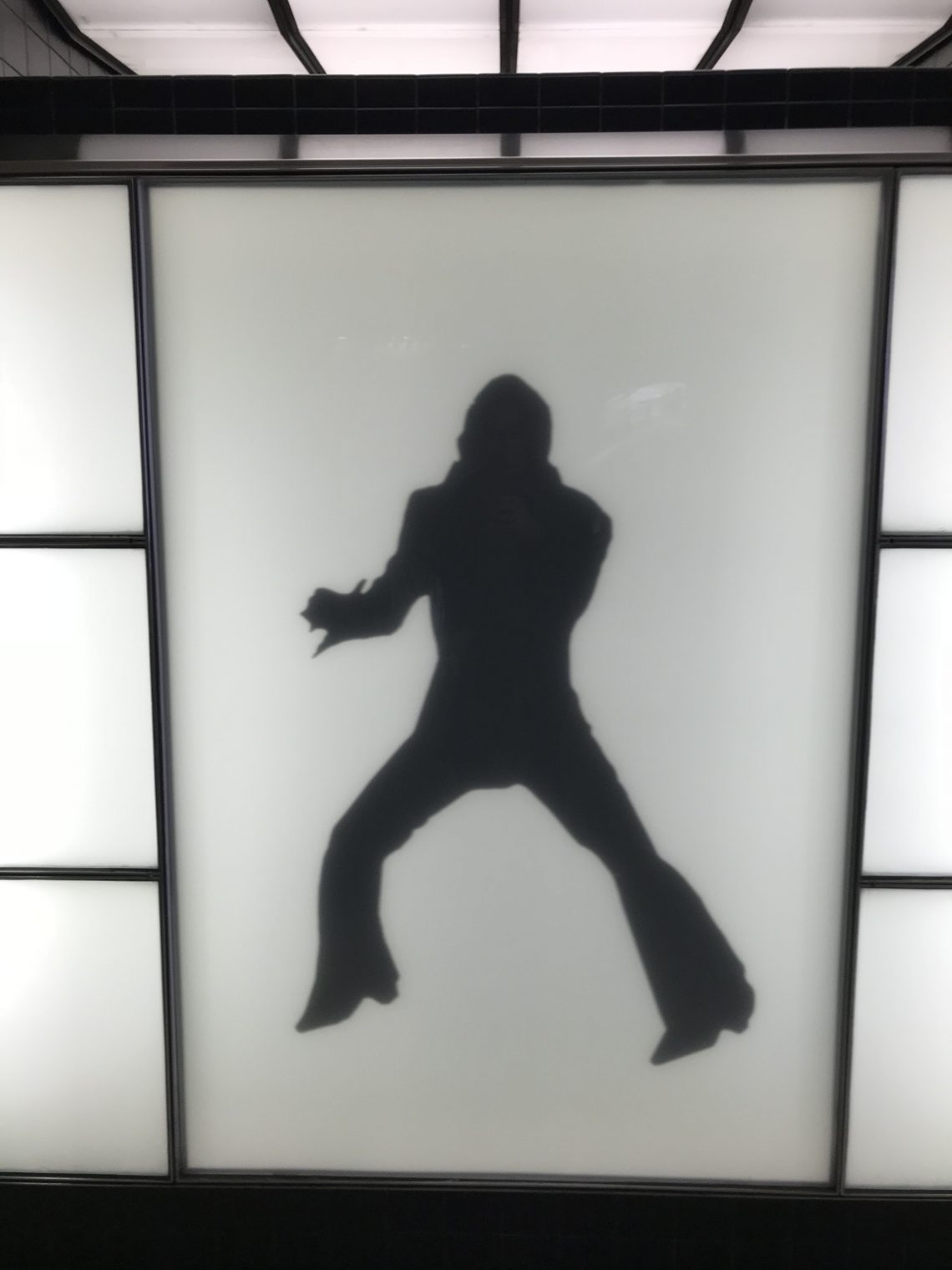
I see at least two different groups here: the gambler/tourists and the convention attendees. The first group are risk-takers by nature — that’s why they enjoy gambling, and you can’t beat Las Vegas for the spectacle. As long as the casinos clearly show they’re doing their part to control the risk, their customers will return. It may take some time, and the resorts might have to throw in some extra perks and comps. for first few months, but they’ll lure the gamblers back – the loyal regulars and also the cooped-up coronaplagued who have been waiting for a chance to get out and go somewhere for some fun. Maybe some of the older folks won’t take the risk, but I think they’ll be supplanted by younger COVID-ites who aren’t so worried.
As an example closer to home, Mohegan Sun casino in CT is in limited reopening and is offering triple status points on select days during June along with other promotions to lure back its avid gamblers. (http://www.mohegansun.com) They post their detailed safety plan right there on the home page. Word has it that their slots are also “looser” in this first month – they’re trying to spread word of mouth that people are winning.
The convention business is more difficult to predict, but again, the facilities can offer perks to make it more attractive. I think their rebound will take longer, but they’ll fight for every event and attendee. Las Vegas is full of people who know how to hustle for the money, and I don’t expect them to give up easy. CES is the largest trade show in Vegas and they’re going to hold their convention in January.
https://www.reviewjournal.com/business/conventions/ces-set-to-return-to-las-vegas-in-january-2044033/
I also note that it was an item of no inconsiderable importance in this year’s Illinois state budget negotiations to clear away the last hurdles to building a casino in Chicago to fund all their myriad debts and budget shortfalls. If they didn’t think people were going to eventually start returning to casinos, they wouldn’t have pushed so hard to get it done. So even Chicago is going to be encouraging more people to get out there and roll the dice.
Note that CES 2020 is already thought to have been the site of a superspreading event back in January:
https://www.apmreports.org/story/2020/04/23/covid-infected-attendee-ces-tech-conference
> “The lounge at the #LasVegas airport sounds like an infirmary,” he tweeted from an airport lounge where he waited for hours. He speculated that too much “hard partying” could be the culprit, or maybe it was poor ventilation or an unfortunate mix of global travelers at the height of flu season.
All these people picking up coronavirus in Las Vegas and spreading it all over the country when they go home is really quite terrible from an epidemiological perspective. But this is America, so we’ve decided to kill many thousands of our most vulnerable, a disproportionate number of whom are black, so gambling addicts can go back to losing all their money gambling. What a society we live in. Orlando, another hub for tourism, presumably serves the same function (Universal Orlando just reopened).
“Casino customers are older than average (see this Harvard thesis) and therefore more likely to be concerned about catching coronavirus either on a flight to Vegas or within a casino.”
Similar to Alex above, I would guess that casino customers are the type that are less likely to be concerned about catching the coronavirus.
“Casino customers are older than average (see this Harvard thesis) and therefore more likely to be concerned about catching corona virus either on a flight to Vegas or within a casino.”
Well, Harvard thesis be damned. Vegas casino customers are young. The casinos cater to the young crowds now with deafening music pumped in 24/7, live pole dancing, and shops that stock goods for kids and young families.
The older crowd goes to Laughlin.
Really? Last time I was at a Vegas casino, I recall it being full of nearly dead people in wheelchairs with oxygen tanks smoking cigarettes. The one thing gamblers all have in common though is they enjoy in risk-taking behavior. Unfortunately in this case, what happens in Vegas will probably not stay in Vegas.
I stopped at Guy Fieri’s El Burro Borracho restaurant in Laughlin on a road trip one time with my frend who was fleeing California. The place could be a case study in why America has a 40% obesity rate. While the taxes and cost of living in the Bay Area are annoying (especially after visiting Las Vegas), the number one reason I’ve seen for software engineers in my peer group to leave or consider leaving is the crappy gender ratio for straight men. The book Date-onomics claims that the reason men in the Bay Area work so hard is that they have nothing better to do, just like men in prison who spend all their time lifting weights. This also probably explains at least in part why drug use is so prevalent there.
Vegas’s true value is access to women for poor guys. While prostitution is illegal there, there are a lot more non sexual services than anywhere else in US.
There won’t be a mass exodus from Calif* anymore than there was in 2001. Our bosses are still anxious to get us back in the office because they own real estate in the city & want its value to go up. Software is still very much about location, location, location. An expert witness today must find real estate as important as big O notation.
I surveyed some of my coworkers at Google NYC about how excited they were go back to the office (this was around the peak of the rioting). Three people said 1 out of 10, I said minus 1, and those were the only responses. So I think purely from a perspective of retaining employees (since e.g. Facebook says they’re going to hire a bunch of remote workers), employers will have to start to be more flexible about remote work. The people most eager to go back to the office are probably people with kids and/or spouses they’re trying to get away from, and perhaps managers who think they operate better in an in-person environment.
It depends on the profession, I know some PMs who want to return to the office because they think that informal conversations are essential for their jobs. But most of all people who want promotion miss the office – it so much harder to network and hold hands on the pulse remotely not to get screwed comes review time.
I was working in Google’s New York office with a bunch of people in San Bruno, CA so I wasn’t getting much in-person interaction anyway…
A live, in-person CES is on for 2021, so we’ll get a “control case” (as the Vegas mayor refers to it) test of conventions in the COVID-19 era.
Don’t we already have the Biogen conference? (As well as CES 2020, at which a lot of people apparently got sick, but this wasn’t as widely reported on)
https://www.biospace.com/article/approximately-100-covid-19-cases-stem-from-biogen-meeting/
Steve Wynn talked about it briefly in an interview with the Las Vegas Review Journal on May 20. He sees June 15 as a “barometer” date for assessing how things are going:
https://www.reviewjournal.com/business/casinos-gaming/steve-wynn-talks-casino-rebound-air-service-macao-connections-2032510/
““When you look at their financial situations, the balance sheets of some of the companies, you realize that this kind of a hit could be permanent,” he said. “Hopefully, that won’t happen and they’ll get back open and they’ll get enough business to survive. It’s a very inside question and you have to take a very technical look at each operation. We’ll know a lot more when we see what happens. June 1 is the targeted beginning of the opening of the hotels. By June 15, if you ask these questions again, we’ll get really good clarity on that. It’s a little early now.”
Color commentary from the above-linked article:
“Wynn indicated he doesn’t think casino customers will put up with social distancing measures for long, illustrating his point with how after three months of air-raid sirens going off in London during the German blitzkrieg, Londoners eventually began ignoring them….“We’re seeing that in America now,” he said. “People are just not going to accept being under house arrest, no matter what some governor says to them, they’re going to go out and try to return to normal behavior.”
Goes well with some early Metallica: Blitzkrieg! [I tried to find a good, live version of this song with Cliff Burton playing, but the only example available on YouTube was recorded at his last show in Stockholm and the audio sucks. Instead this is the studio version, bonus track 12 from the ’88 Elektra re-release of Kill ‘Em All, complete with the burp and Lars Ulrich’s “we *****d up, in one place” at the end.]
Wouldn’t remote employees of California businesses have to pay California income tax on their California-source income? I live in Nevada, but when I have partnership/LLC income from a California company I have to file a California non-resident tax return.
The states have formulas for tax sharing, and they very just a bit from state to state. As long as you don’t visit California for work at all and don’t use a California business entity, your Nevada residence should shield you from California taxes.
But if you do visit, you’ll have to count the days you’re present and you or your employer or your business will have to keep track of the location of your capital equipment (computers, furniture, &c) and the state of domicile of your clients and use the California formulas to figure how much California tax you owe.
Steve: As Brian says, above, it looks as though the default rule is that state income tax is due based on where the employee is located when working. So if a New Hampshire resident works in Boston, he/she/ze/they pay MA state income tax, but the state income tax liability ends if the resident of NH is working from home. https://www.grantthornton.com/library/alerts/tax/2020/SALT/general/state-tax-impact-for-telecommuting-employees-04-07.aspx
A simpler way to look at this is a company with offices in 15 different states and employees that don’t move around too much. Everyone pays state taxes based on where the office is. In “work from home” the office is the home.
See https://www.swissinfo.ch/eng/court-decision_companies-must-pay-share-of-rent-for-employees-working-from-home/45781126 for how this works in a country with fair laws!
I’ve worked remotely for companies in 4 states, including CA. I was curious about this at first also. However I’ve been told repeatedly that I only need to worry about my own state’s income tax, currently 0.0%, but this could change any decade now.
Honestly, if the budget shortfall from the Kung Flu doesn’t instigate a state income tax, nothing will.